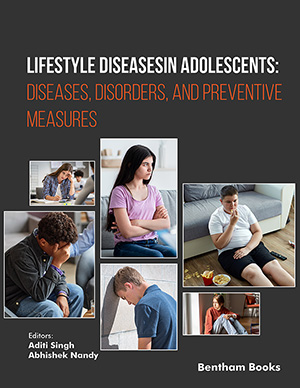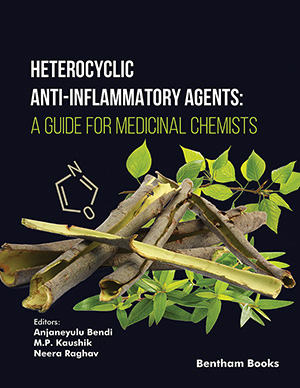
Abstract
Background: Type-1 Diabetes Mellitus (T1DM) is an autoimmune and heterogeneous disorder. In the present study, we aimed to examine whether there exists an association between serum CXCL10 (IP-10) level and its promoter polymorphism at position-1443 along with CXCL12 and its known SDF-1 3′ A genetic variant as an angiogenesis chemokine in T1DM patients.
Methods: Blood specimens were collected from 209 unrelated T1DM patients and 189 healthy subjects. The DNA samples were extracted from the subjects and analyzed for CXCL10 and CXCL12 polymorphisms using PCR-RLFP. The serum concentrations of CXCL10 and CXCL12 were also analyzed with ELISA.
Results: Following expert opinion and data analysis, we found significant differences between A/A, A/G, and G/G genotypes with A and G alleles of polymorphisms at position +801 (SDF-1α3′A) in CXCL12. No association was reported between CXCL10/-1443 promoter polymorphism and T1DM. In our assessment of promoter polymorphism, both T1DM patients and controls had GG genotypes in CXCL10/-1443. When patients were compared with controls, both serum CXCL10 and CXCL12 levels were found to be increased in type 1 diabetes with complications. Levels were not increased in patients without complications.
Conclusion: Both CXCL10 and CXCL12 play fundamental roles in T1DM pathogenesis. Only the CXCL12 3′A (SDF-1α3′A) polymorphism is possibly necessary for the pathogenesis of T1DM, while the CXCL10-1443 promoter polymorphism is not.
Keywords: Chemokines, CXCL10, CXCL12, polymorphism, type 1 diabetes, genetic variant.
[http://dx.doi.org/10.1016/j.preghy.2019.05.001] [PMID: 31487653]
[http://dx.doi.org/10.1007/s10753-014-9981-3] [PMID: 25085744]
[http://dx.doi.org/10.1016/j.mam.2014.12.004] [PMID: 25579746]
[http://dx.doi.org/10.1002/cti2.1122] [PMID: 32185024]
[http://dx.doi.org/10.1007/s40200-019-00421-2] [PMID: 31890662]
[http://dx.doi.org/10.3389/fendo.2020.591083] [PMID: 33193102]
[http://dx.doi.org/10.1016/S1043-4666(03)00198-4] [PMID: 12906869]
[http://dx.doi.org/10.7555/JBR.31.20150166] [PMID: 28958999]
[http://dx.doi.org/10.1056/NEJM199802123380706] [PMID: 9459648]
[http://dx.doi.org/10.1007/s12031-013-9954-2] [PMID: 23335032]
[http://dx.doi.org/10.1046/j.1365-2567.2002.01478.x] [PMID: 12383202]
[http://dx.doi.org/10.1007/s00125-012-2547-8] [PMID: 22487925]
[http://dx.doi.org/10.3390/ijms22020843] [PMID: 33467722]
[http://dx.doi.org/10.2337/diabetes.50.5.1211] [PMID: 11334429]
[http://dx.doi.org/10.1080/10641955.2016.1250904] [PMID: 28001450]
[http://dx.doi.org/10.1086/343741] [PMID: 12232832]
[http://dx.doi.org/10.2337/dc08-S012] [PMID: 18165335]
[http://dx.doi.org/10.1196/annals.1337.012] [PMID: 15699497]
[http://dx.doi.org/10.1007/s13410-016-0534-1]
[http://dx.doi.org/10.1126/science.279.5349.389] [PMID: 9430590]
[http://dx.doi.org/10.1007/s12079-018-00500-8] [PMID: 30607767]
[http://dx.doi.org/10.1074/jbc.M109.099952] [PMID: 20833730]
 20
20 2
2


























